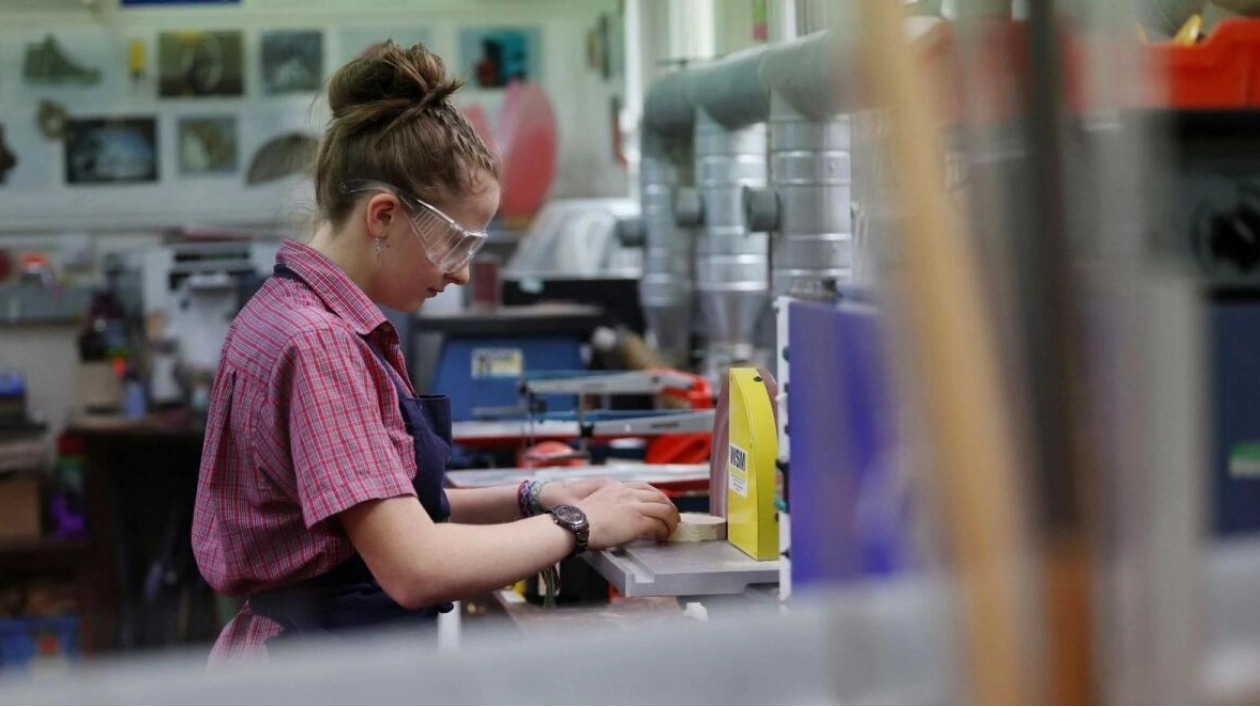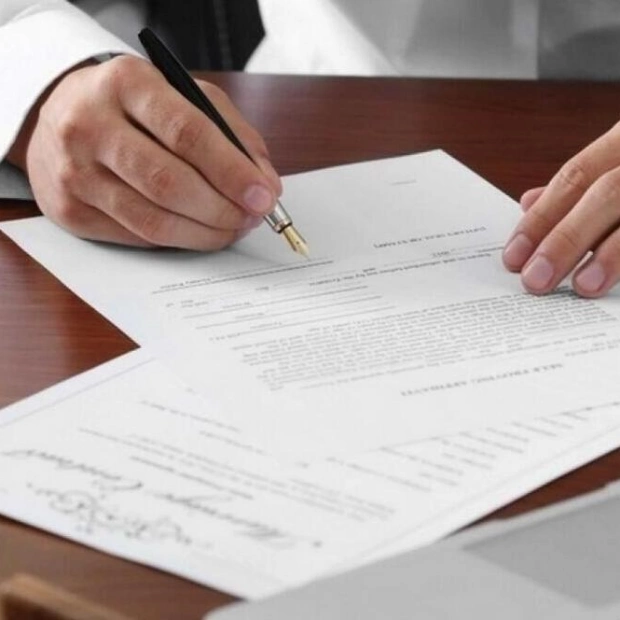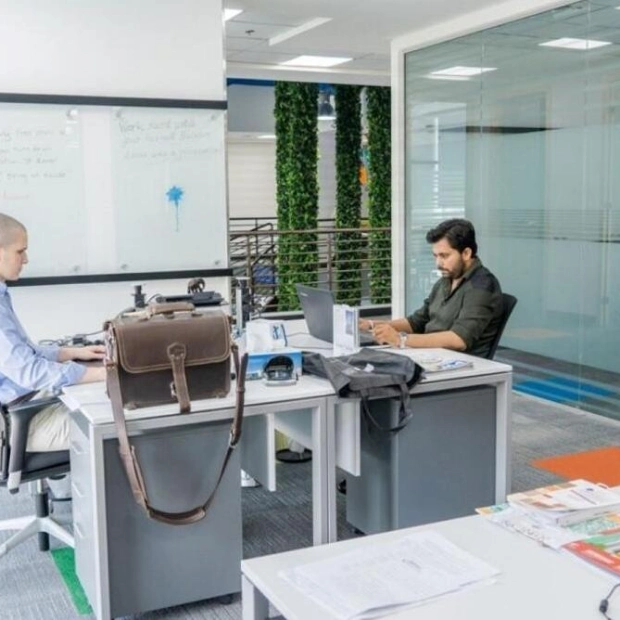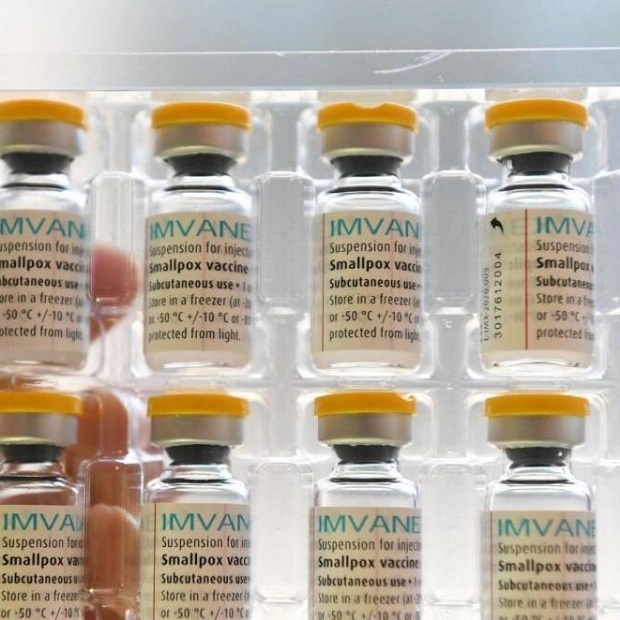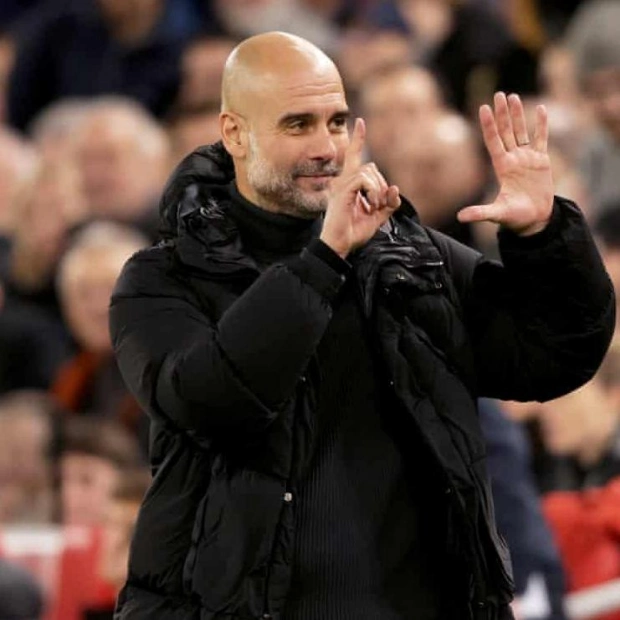Mark Manwaring-White, 67, had been looking forward to retirement, but a policy introduced by Britain's new Labour government means his daughter's school fees could increase by 20 per cent. As a result, he'll continue working. The removal of a tax exemption for private schools starting from January is a crucial part of Prime Minister Keir Starmer's strategy to boost revenues for struggling public services and to address a deficit in public finances. However, this move is also a political risk.
Manwaring-White's daughter attends the girls-only Malvern St James private school in central England. The electronics engineer believes Labour's policy is motivated by envy towards those who can afford a higher-quality education. For him, it's a worthwhile sacrifice to cover the increased fees at his daughter's private school. "It's provided her with an exceptional education that she wouldn't have received locally," said Manwaring-White, who worries that forcing more children into state-controlled education would "lower the overall quality of society."
Parents of around 600,000 pupils attending private schools now face the same dilemma: whether to pay higher fees or place their children in state schools. The government estimates that the removal of the VAT exemption—a 20 per cent sales tax applied to most goods and services—will generate up to 1.5 billion pounds annually ($1.98 billion). This revenue is expected to fund 6,500 new state school teachers, increasing the budget for state school spending in England by two per cent.
Labour, which has its roots in defending the working class, argues that this move will help balance a two-tier education system criticized for perpetuating privilege among the wealthy. Critics warn it could lead to a mass exodus of pupils and put additional pressure on the state system. The Treasury did not respond immediately to a Reuters request for comment.
During a pre-election debate in June, Starmer stated: "I want every child, regardless of their background or the school they attend, to have equal opportunities." For now, the Labour government believes it can manage the fallout, expecting minimal departures from private schools, as stated in a government blog in September. An Ipsos opinion poll in August revealed that over half of Britons support the plan.
Private schools, with their centuries-old traditions and prestigious settings, hold significant cultural influence in Britain. Despite fees rising 55 per cent in real terms since 2003, the proportion of children attending private schools has remained steady at about seven per cent, according to the Institute for Fiscal Studies (IFS). Many families are deeply committed to the private system, believing it offers better grades, university access, and elite social networks.
However, the decision to remove the VAT exemption faces a legal challenge on discrimination grounds, as about one in five children at private schools have special education needs and disabilities. Some parents, like Nash El-Mugheiry, have sacrificed personal finances to send their children to private schools, believing they receive better specialized care.
Average private school fees stand at 18,000 pounds a year, far beyond the reach of most Britons. Eton, one of Britain's most prestigious schools, plans to raise its fees by 20 per cent to 63,000 pounds annually once VAT is included. Despite private schools raising their fees, state school funding fell by nine per cent in real terms between 2010 and 2020.
Critics argue that the tax exemption for private schools has been a long-standing privilege for the wealthy. However, some, like Gareth Lloyd, headmaster of Malvern St James, view Labour's move as political and expect it to strain the state sector. Julie Robinson, head of the ISC, warns that higher fees could price some families out of private education, shrinking a sector valued at 16.5 billion pounds and supporting 328,000 jobs.
The IFS predicts a three to seven per cent drop in private school numbers in the medium to long term, equivalent to about 20,000 to 40,000 pupils. This could severely impact smaller private schools. St George's Prep in Boston, Lincolnshire, with 87 pupils and annual fees around 10,000 pounds, expects to lose 12-15 per cent of its pupils.
Eight parents, teachers, and policy experts told Reuters they doubt the policy will significantly improve the state system and see it as an easy target for raising funds. Manwaring-White plans to work as long as necessary, despite his daughter's embarrassment about the fee increase. "She said 'sorry Dad,'" Manwaring-White recounted. "But she loves it here."
